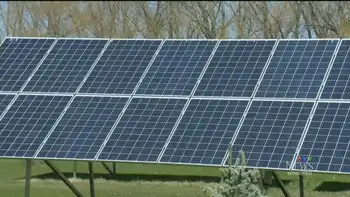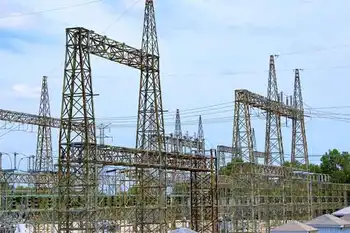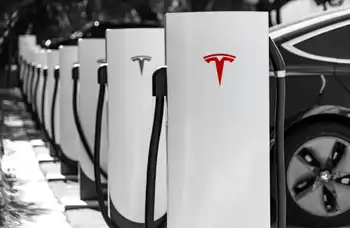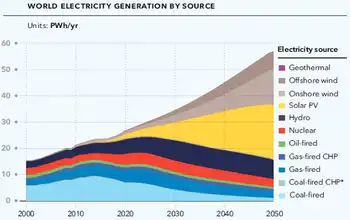I.B.M. to announce an advance in making chips faster and more energy-efficient
By New York Times
CSA Z463 Electrical Maintenance -
Our customized live online or in‑person group training can be delivered to your staff at your location.

- Live Online
- 6 hours Instructor-led
- Group Training Available
The advance involves a manufacturing process that uses heat to create trillions of atomic-scale holes in a thin layer of material deposited on top of the conducting wires at different stages of chip making. The material is then extracted through the holes, leaving insulating vacuum channels around the miles of ultrathin wires that make up a modern microchip.
Because the holes manifest themselves as a result of the heating rather than being drilled or etched, the process is known as self-assembly. It creates features far smaller than the limits of conventional chip making systems.
The material is being manufactured at the companyÂ’s Almaden Research Center in San Jose, Calif.
Using a so-called air gap — actually a vacuum — as an insulator is not a new idea. But the approach makes it possible to add the technique to mainstream chip manufacturing.
Moreover, the researchers say the insulation technique is merely the first application of a new family of technologies that may one day make it possible to make complete electronic circuits on a molecular scale without photolithographic machines.
The technique can increase chip speed as much as 35 percent with a 15 percent reduction in energy consumption, the researchers say. Increases of this magnitude are seen only rarely in the industry, according to I.B.M. executives.
They say the impact of the performance improvement is roughly equivalent to the boost generally found in moving from one generation to the next in chip manufacturing equipment.
“This is an enormous advance,” said John E. Kelley III, senior vice president for technology and intellectual property at I.B.M. He said the deployment of the new insulation technique would be equivalent to I.B.M.’s shift from aluminum to copper in the material used to make wires in semiconductors a decade ago.
I.B.M. has already built test microprocessors using the new processor at its manufacturing plant in East Fishkill, N.Y., and the company says it expects to deploy the process fully in its manufacturing lines in 2009.
“This is a surprise,” said David Lammers, director of Wesrch.com, a Web portal for technical professionals. The industry has begun to publish research papers about the technology, known as air-gap insulation, but it was not expected to be widely deployed in the technology generation that the industry is expected to deploy two years from now.
The new material suggests that I.B.M. may be taking an approach different from that of the Intel Corporation, which in January announced that it would redesign the way it makes transistors to take advantage of a new insulating material.
I.B.M. said that it planned to share the new technology approach with its manufacturing and technology partners. That could prove crucial for Advanced Micro Devices, which relies on I.B.M.Â’s manufacturing capacity, and which is currently struggling to keep from falling behind Intel in the market for mainstream commercial microprocessors.
The industry has struggled for more than a decade to combat the electrical leakage that results as it shrinks the basic building blocks of the microelectronic era to ever-smaller dimensions. Current leakage is translated into heat, and that has become a limiting factor in the effort to build ever more powerful processors.











